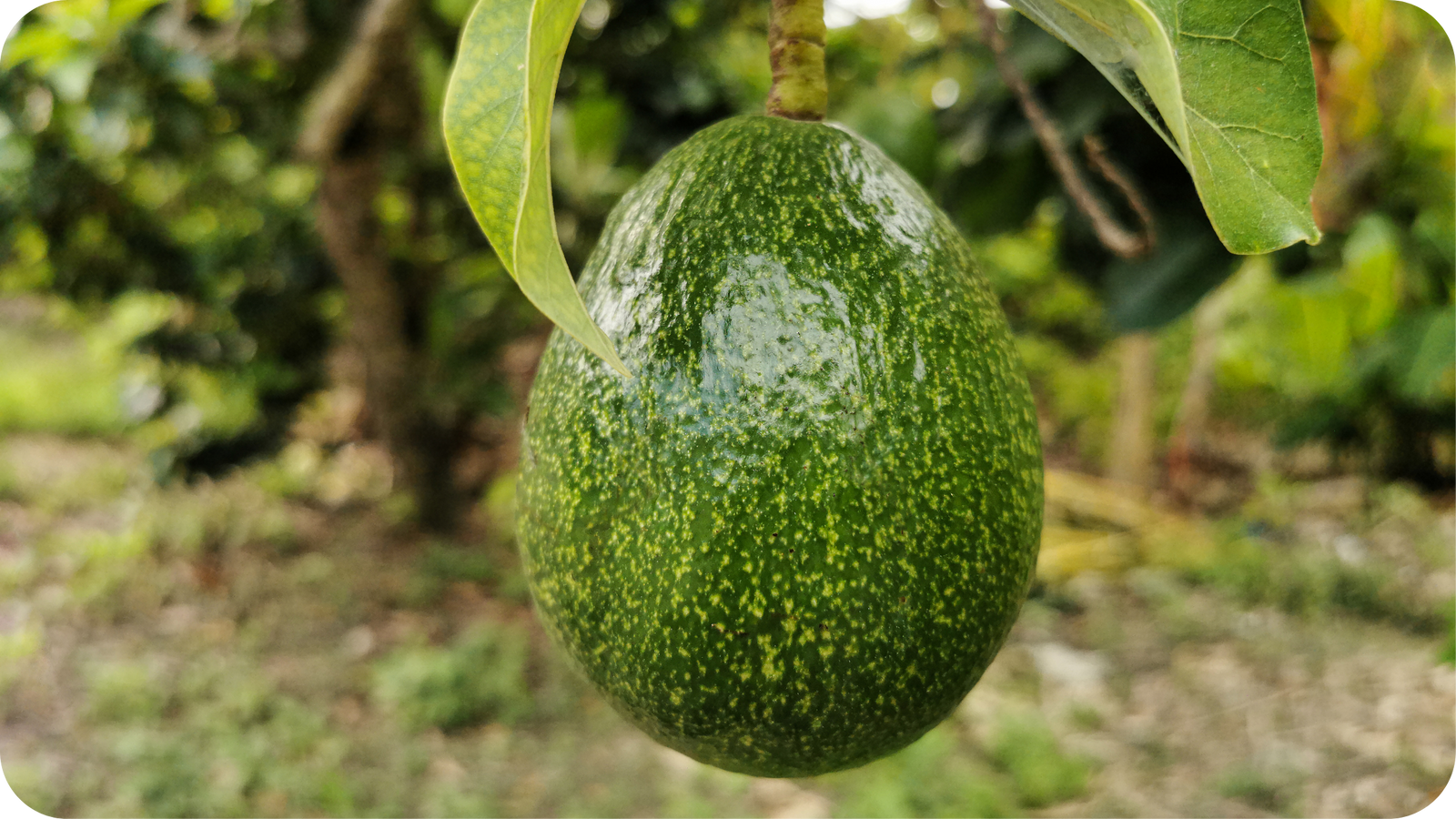Your Daily Avocado Habit Is Posing A Major Threat To Environmental Sustainability

We all know how nutritious yet delicious the avocado fruit is. But are these reasons enough to endanger the environment? Wondering how the avocado on your morning toast is a threat to the environment? Why is a healthy fruit leading to environmental damage? Let's talk about this in detail.
Americans And Avocados

Avocado itself poses no threat to the environment, but its excessive consumption does. We all know that excess of everything is bad, so is the case with avocado consumption. The number of avocados being gobbled up every day is insane.
It is estimated that the crazy football fans alone eat more than 105 million pounds of avocado on the occasion of the Super Bowl, the championship game of the NFL, National Football League. One hundred five million avocados in a single day? Isn't it flabbergasting?
But wait, do you think Americans need football as an excuse to eat avocados? Not at all. The last decade experienced a two-times increase in the consumption of avocados by UK citizens. If the number goes on increasing in the same way, how will we ever sustain the supply?
Avocados And Mexican Forests

As you all know that most avocados are produced in Mexico because it has a tropical and Mediterranean climate, which is essential for the proper cultivation of avocados. Mexico is the largest exporter of avocados. Almost three-fourths of the avocados Mexico exports are eaten up in the United States.
California produces 90% of the whole avocados grown in the United States. Around 188 thousand tons of avocados were made in California in 2020 alone, leaving aside the production in Florida and Hawaii. Yet the country needs to export tons of this nutritious fruit every year to meet the country's needs as Americans love to have avocado with every other thing they eat.
However, the area of concern here is that the Mexican forests are suffering because of this continuous heavy withdrawal of avocados. The avocado needs of the citizens continue to rise. As a result, 20,000 acres of Mexican forests are cut down every year to replace them with avocado trees. This is approximately an area of more than 15000 American football fields.
What Exactly Is The Problem?
But what to do now? We can't just stop buying and eating avocados, right? It's your right to have your favorite avocado toast for breakfast, guacamole for lunch, and a bagel avocado burger for dinner. Also, a large population of Mexico's middle and lower-class community earns their living through selling avocados.
So a complete boycott can be a massive blow to the economy of these households, which is definitely not something we want. There are indeed some alternate ways to limit the adverse ways. Let us tell you how you can both enjoy your favorite fruit and help save the environment.
Big Avocado

The worst effects are being imposed by bug organizations and companies that import these fruits and sell them at a way higher price than the cost price. You might know the term Big Avocado; yes, these corporations are the Big Avocado.
The import of avocados in the United States was banned for most of the 20th century. Higher authorities feared that avocados could be the source of insect manifestation. Avocados were nowhere to be found except rarely. But in 1997, the US government lifted this ban after reviewing the Mexican practices related to fruit cultivation.
Know What Researchers Have To Say About This Issue
The exports of avocado increased by 60 times from 2000 to 2008, and the fruit started making its way northward. And the sad part is that this growth came at the cost of forests. Farmers began to clear the space to grow avocado orchards by cutting the forest trees, although it is an illegal practice.
This happened because it was cheaper to produce avocados as the forest lands are already rich in nutrients and minerals. Thus, there was no need to add additional fertilizers, making it a very cost-friendly project, says Antonio Gonzalez-Rodriguez. He is a forest researcher at Universidad Nacional Autonoma de Mexico. Antonio further said that by doing so, the farmers would have an incentive so that they can continue planting more trees in the future.
Here's What Studies Say

According to a study published in early 2021, 36,000 acres of trees were cut down to grow avocado farms just between 2001 and 2017. It is also estimated that Mexico is on the road to deforestation as it continues to lose 15,000 to 20,000 acres of forest land each year.
We are not saying that avocados are the only reason behind deforestation in Mexico. But, you can't deny the fact that they are a substantial factor. A study published in early February 2022 claims that by 2050, the avocado orchards in Michoacan will expand and reach 250,000 acres roughly.
Monarch Butterflies and Other Wildlife

Audrey Denvir, a researcher at the University of Texas, Austin, says farmers are still cutting forests. A portion of these farms will spread into the areas protected by the federation, which will affect native forests. These forests are a habitat for many animal and plant species. So deforestation may result in the extinction of some species or endangerment.
The pesticides used in the avocado farms are also endangering the iconic insects and millions of monarch butterflies. Not only is it posing a threat to wildlife, but also the natural water supply. The raw water supply is being disturbed as the avocado trees suck up more water, even more than pine and for trees.
Final Verdict
Denvir says that he would love to see an eco-label for avocados. The sustainability of avocados should be certified for consumer convenience. Avocado trees capture greenhouse gas and produce oxygen, so they're not that bad.It's just that avocado plantations should be well managed, and companies should avoid further deforestation. The negative trickle-down effect should be controlled so that we can continue to enjoy these green bombs of deliciousness.





